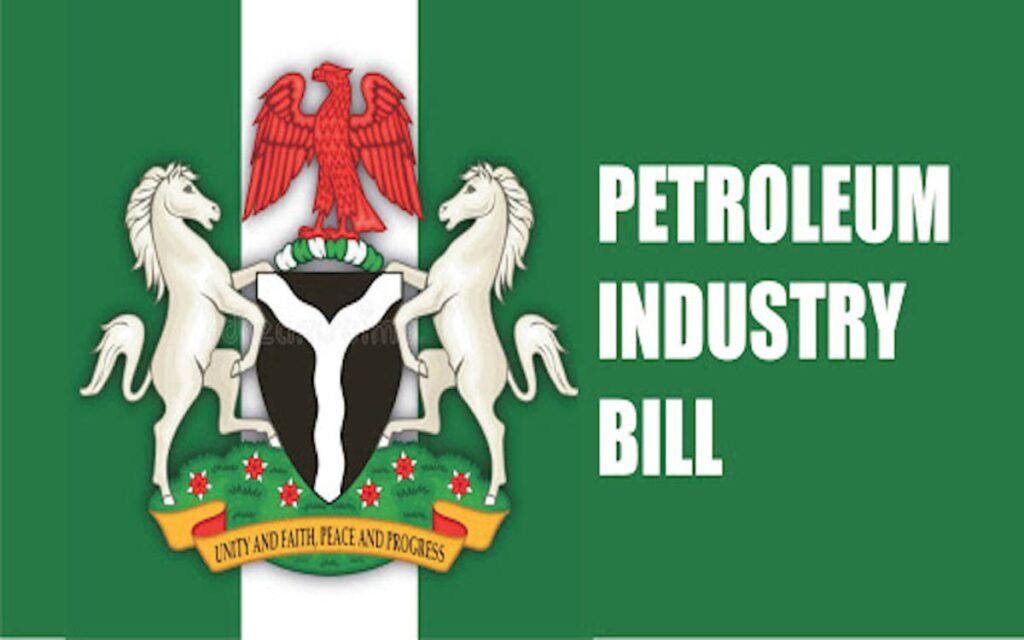The Petroleum Industry Bill 2020 (PIB), seeks to reform the areas of governance, acreage administration, host community development, and fiscal framework of the oil and gas industry. It was recently submitted to the National Assembly (NASS) and has passed 1st and 2nd Readings in both the Senate and the House of Representatives (HoR). The Bill has now been referred to the Adhoc Committee on PIB for further deliberation.
Over the last few months, OPTS has redoubled efforts to engage a broad range of stakeholders including the executive, legislative arms of Government, and other influential bodies on the PIB.
OPTS welcomes the Government’s concerted efforts to pass the PIB acknowledging that considerable work had gone into it and highlighting the positive aspects of the Bill noting that grandfathering is recognized in the Bill, it is comprehensive, and recognises that gas resources are important. OPTS at various fora has raised its concerns with the fiscal and non-fiscal provisions in the Bill that could impact investments, government revenues, long-term growth aspirations, and competitiveness of Nigeria’s oil and gas industry.
Its main concerns with the Bill regard contract sanctity and the viability of existing and future projects. There are 6 areas in particular that could significantly improve investor confidence, attract new investment and ensure future government revenues: (1) Deepwater (2) Contract sanctity and NNPC transfer of assets and liabilities (3) Domestic gas (4) Capital allowances and deductions (5) Segregation of upstream and midstream deemed assets (6) Administrative complexity and absence of dispute prevention and resolution
OPTS is supportive of a bill that would put an end to the uncertainties in the industry. However, Nigeria also requires a Bill that would position the country as an attractive investment destination for globally competing funds.
While the PIB presents an opportunity for the much-needed reform of the Nigerian oil and gas industry, in order to ensure a successful reform of the industry, it was imperative that all stakeholders collaborate and engage to address concerns identified.
Key stakeholders that have been engaged include – Technical teams from the Ministry of Petroleum Resources, NASS leadership, relevant NASS Committee members, and technical consultants. Other influential stakeholders that have been engaged include Ambassadors, Unions, National Economic Summit Group (NESG) and Facility for Oil Sector Transparency and Reform in Nigeria (FOSTER), Petroleum Technology Association of Nigeria (PETAN), Lagos Chamber of Commerce and Industry (LCCI).


